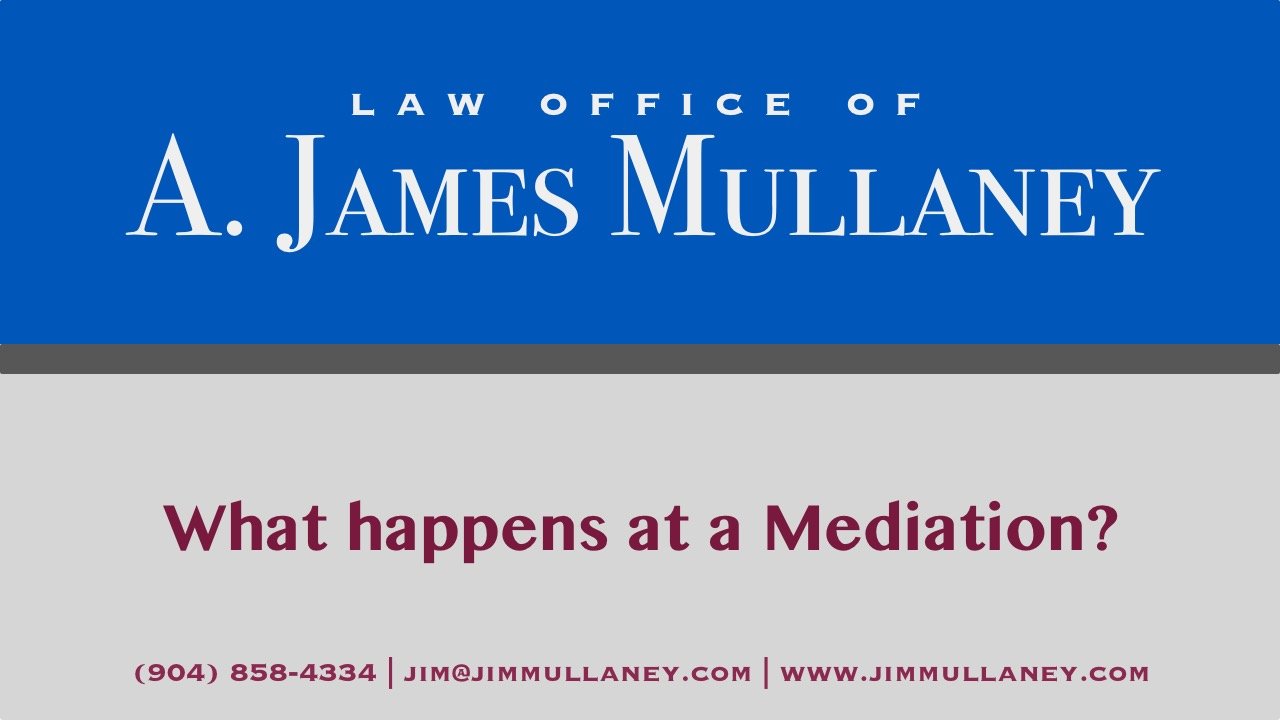What happens at a mediation?
A typical mediation starts with both parties and their lawyers – if they have them – sitting together at a table, although a mediation can begin with the parties in separate rooms. The mediator then explains the rules.
The first rule is that the mediation is confidential. Which means that you are not supposed to talk about what happens at the mediation with anyone else. It also means that the judge doesn’t want to know what happens at the mediation other than that both parties attended the mediation and whether an agreement was reached or not.
The second rule is that the mediator is neutral and he/she does not make decisions in your case. The parties make the decisions. The mediator is not a judge and will only offer suggestions based on their experience. While the mediator is typically a family law lawyer, he or she will not offer you legal advice. That’s why you should have your own lawyer at the mediation.
The third rule is that the cost of the mediation is equally divided among the parties. This can become part of the negotiation and one party can ask that the other party pay for the full cost of the mediation.
After the rules are explained, the mediator will take settlement offers back and forth between the parties in the hope of coming to an agreement on all the issues raised in the case. If you reach an agreement, the mediator will type up your agreement so that both parties can leave the mediation with a signed copy of the agreement.



